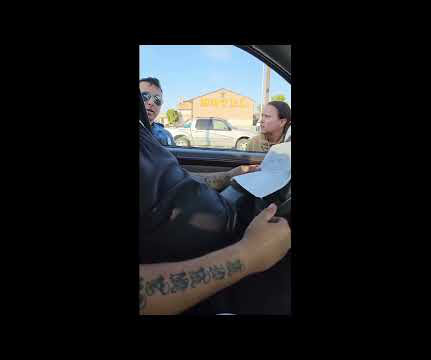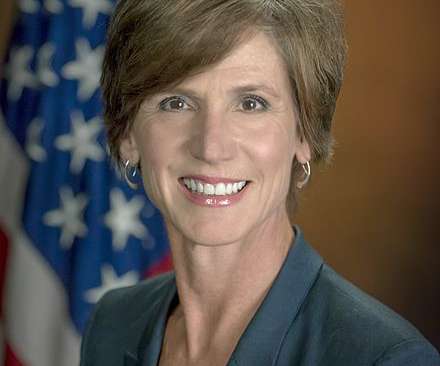Pot Shop Owner Faces Possible Criminal Charge After Profane Diatribe Against Police Officer
JonathanTurley
MARCH 6, 2023
The court ruled that “mere epithets” directed at a law enforcement officer are not exempt from First Amendment protections as fighting words. The Supreme Court has routinely ruled that the First Amendment protects profanity. In 1971, the Court ruled in Cohen v. California , 403 U.S. Hill , 482 U.S.














Let's personalize your content